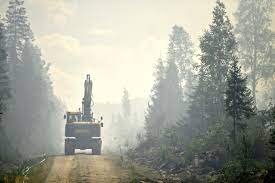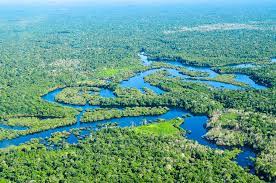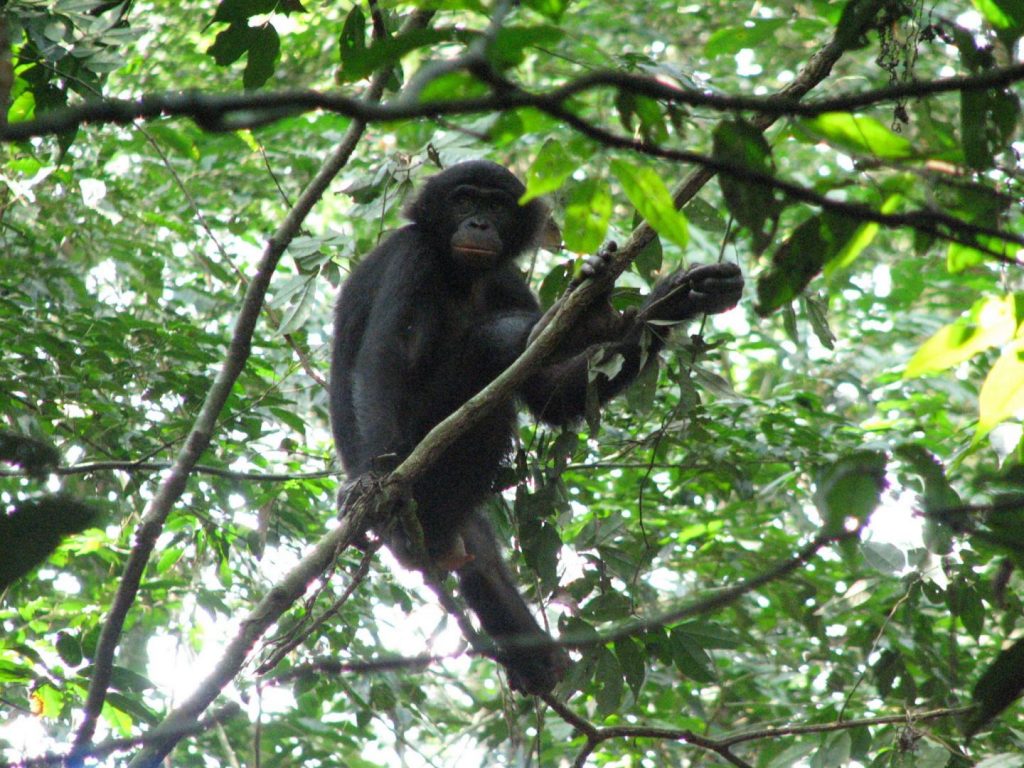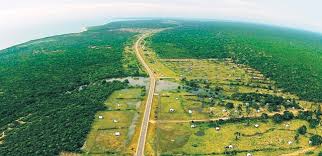Much of the deforestation that is occurring in Brazil is to make more room for cattle grazing. The promise of a beef giant to stop deforesting in 14 years is not worth anything. Apart from anything, it is likely that the have calculated that it will take 14 years to clear the land that they currently have access to.
A promise to reform your bad behaviour in 14 years is worth nothing. Indeed in a new Soy and Cattle deforestation tracker, JBS scored 1 point out of 100. As a point of context, its nearest competitors scored 40 and 46 out of 100.It has congratulated itself as the first company in its industry to make commitments, but no one else is impressed. They have had to many chances, now we must move away from buying their product.
The fact that they felt they needed to make a commitment would suggest that market pressure is working, clearly there has not been enough pressure bought to bare on this group. A boycott would likely be a good move. Morrisons Aldi Sainsbury and Lidl all buy meat from this company. My suggestion is that you buy your meat from companies which actually worry about things like this – If one of these companies are forced to drop this beef supplier, it is likely to force the others to do the same. They managed to get good converge last September, when they remade a commitment that they originally made in 2009 to halt deforestation through its suppliers – the bigger question should have been why havent you lived up to your 2009 pledge. It should be noted, the forests they are clearing are not grown for wood, they are old growth natural woodland, coming with it are the tens of thousands of species that are endangered or eradicated as their forests are lost.
JBS has consistently worked to keep their supply chain as opaque as possible, presumably to avoid being held accountable. They have now had enough time, and so it is time for action. If you shop at any of the food chains above, ask about where the meat comes from, and avoid any beef that does not have its origin clearly labelled.
We may not have rainforests to cut down in the UK, but if you continue to eat JBC meat, you may as well have got out the axe yourself.





